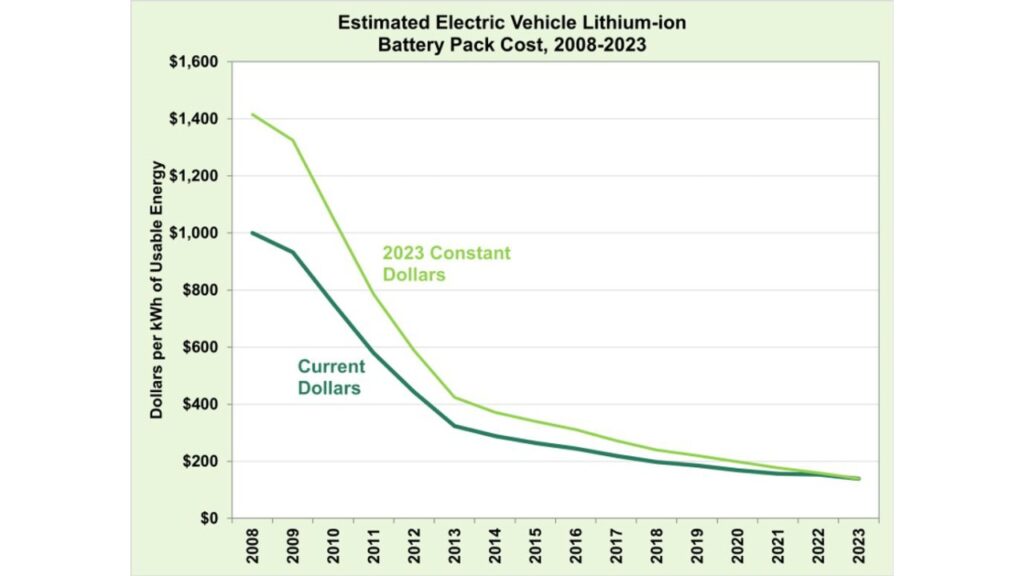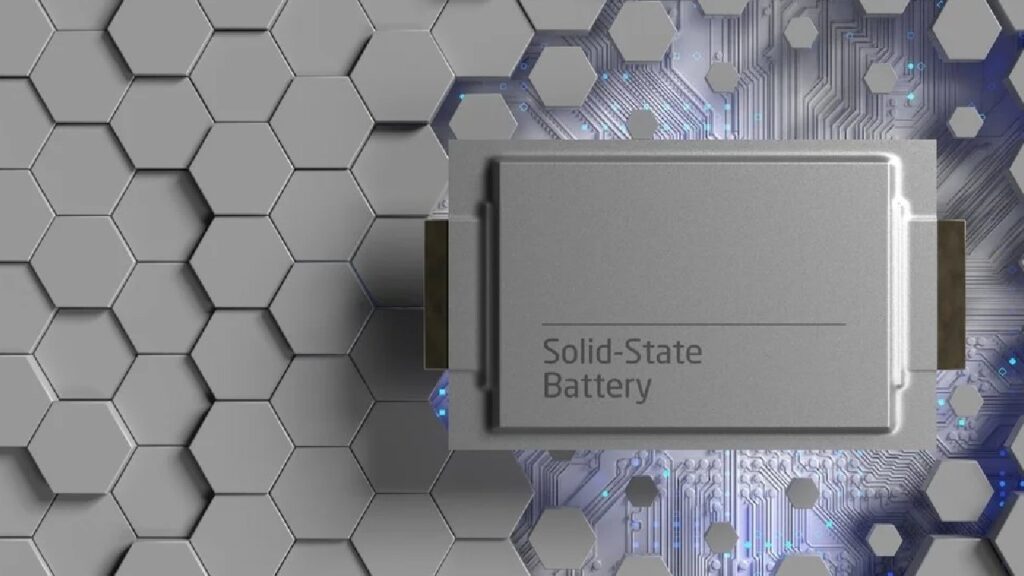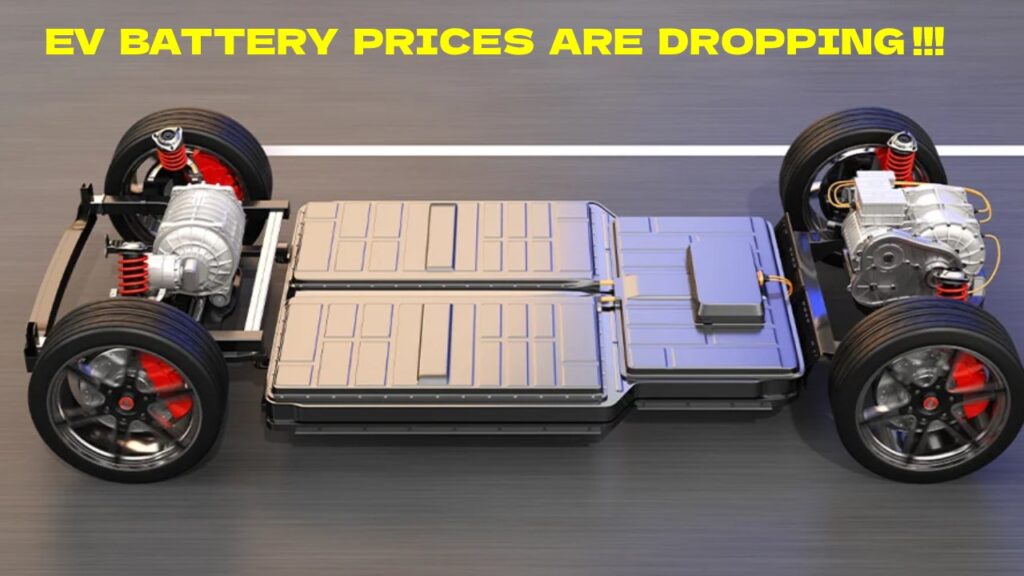One of the biggest challenges with reducing the initial costs of EVs is the price of the battery pack.
The EV battery prices contribute around 50% to the total cost of an electric car. We know that this is among the most challenging parameters preventing lower initial costs of EVs. We always keep on hearing debates about why EVs are significantly more expensive than comparable ICE cars. In fact, the electric variant of a car which is also available in ICE guise with the same features and design will still be considerably pricier. If all other parameters remain the same, it all boils down to the cost of the battery pack.

You might also like: Samsung Showcases Solid State Battery For EVs With 1,000 km Range
EV Battery Prices Now Just 10% Of What They Used To Be Back In 2008
According to a study by the Department of Energy (DOE), the Vehicle Technologies Office estimates that the cost of an electric vehicle lithium-ion battery pack for a light-duty vehicle declined 90% between 2008 and 2023 (using 2023 constant dollars). To be mathematically precise, on a production scale of 100,000 units annually, on a usable-energy basis, the estimate is $139 / kWh in 2023. Keeping the measurements same, this used to be a whopping $1,415 / kWh in 2008.
This marks a jaw-dropping 90% decline within a span of 15 years. The report cites improvements in battery technologies and chemistries, improvements in manufacturing and increase in production volume to be the main reasons for this. In these calculations, 2023 constant dollars are used to reflect purchasing power (adjustment for inflation). As a result, the calculations are performed accordingly.
Going by these statistics, we can determine the cost of an average EV battery today. For instance, the cost of an 80 kWh battery pack today will be approximately $11,120. Now, you can very well imagine what even a basic EV will cost if just the battery pack has this price tag. That is the reason why EVs are inherently expensive in comparison to ICE cars. However, with high volumes alone, this number is coming down rapidly.
Apart from that, by experimenting with different cell chemistries, the prices are dropping. Sure, there could be compromises in terms of energy density and range. Still, initial prices are the most important criteria to enable mass adoption. Also, as more EV battery production facilities are established, the prices are bound to go down further.

You might also like: ‘Weightless’ Carbon Fiber Battery Could Be Exactly What EVs Need
Learn Electric Cars Says
The EV battery prices are steadily going down as the volume of electric cars is increasing. If this trend continues, we might soon be in the range of $100 / kWh. This has been a huge target set by the industry experts for a while now. It is believed that after this, the EV prices will be almost at par with ICE cars. Now, when that happens, remains to be seen. In any case, I believe the future seems exciting with new battery tech emerging every other week.


Pingback: LFP Batteries Can See 70% Increase In Lifespan Via New Method